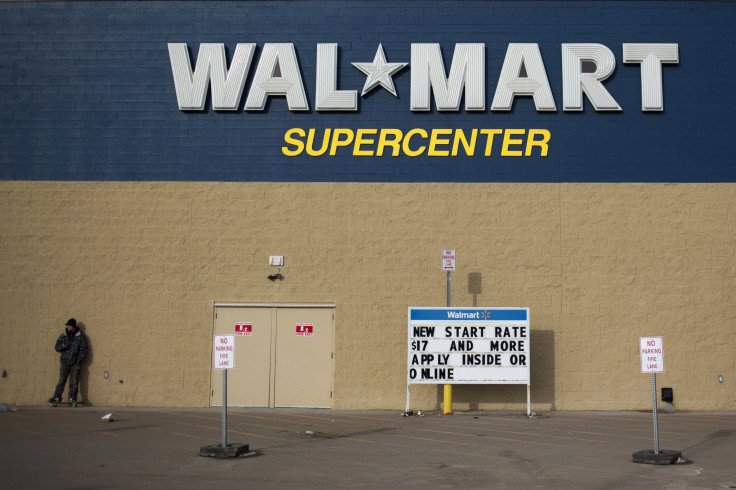Wal-Mart Sued By Michigan Woman Over Mislabeled Sheets

A Michigan woman is suing Wal-Mart, alleging the retail giant knew its 100 percent Egyptian cotton sheets were not long before the company did anything about it.
Dorothy Monahan accused Wal-Mart of violating U.S. law on textile fiber labeling and advertising, saying she was overcharged for Better Homes and Gardens sheets made by Welspun since they were made of cheaper fiber than purported, Reuters reported Tuesday.
The suit alleges Wal-Mart was aware the Indian textile company that provides the sheets had been cheating on quality as long ago as 2008 but waited until two months ago to halt sales.
“Our customers trust us to provide products that are what they say they are on the label,” a Walmart spokeswoman said at the time. “Welspun has not been able to assure us the products are 100 percent Egyptian cotton, which is unacceptable. While the sheets are excellent quality, we are offering our customers a full refund.”
Wal-Mart moved after Target cut ties with Welspun, suspended its sales and offered refunds for Fieldcrest sheets. Target’s decision also prompted Bed Bath & Beyond and J.C. Penney to review their ties to Welspun.
Target determined Welspun substituted another type of cotton but did not reflect that in the labeling. The sheets sold for as much as $75.
“We take the current traceability concerns around some of our product lines very seriously and have been working closely with our retail partners to support their actions toward a comprehensive resolution program,” a Welspun spokesman said in an email to Bloomberg. “The affected products represent around 6 percent of Welspun’s total business.”
Egyptian cotton demands premium prices because sheets made from its long fibers are finer, lighter, softer and more durable than cheaper fabrics.
Wal-Mart also sold Welspun sheets under the brand Canopy.
Welspun is part of the $3 billion Balkrishan Goenka conglomerate, which has interests ranging from textiles to steel to energy to infrastructure. The company says it sells 20 percent of all towels sold in the United States.
© Copyright IBTimes 2024. All rights reserved.












